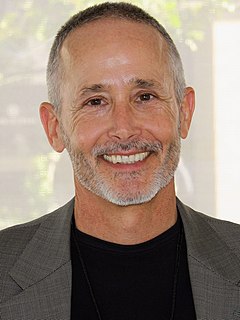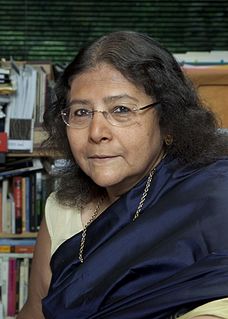A Quote by Flannery O'Connor
People without hope not only don’t write novels, but what is more to the point, they don’t read them. They don’t take long looks at anything, because they lack the courage. The way to despair is to refuse to have any kind of experience, and the novel, of course, is a way to have experience.
Related Quotes
I can write any kind of novel I want, any time, and sell it, but there's not that many people watching it. Even a low-rated TV show is a couple million more people than read my books. You want to be read, in essence. If you're a television writer, you're a writer and you want people to read your stuff. You're still reaching a bigger audience, that way. That's a philosophical way to look at it.
You can build walls all the way to the sky and I will find a way to fly above them. You can try to pin me down with a hundred thousand arms, but I will find a way to resist. And there are many of us out there, more than you think. People who refuse to stop believing. People who refuse to come to earth. People who love in a world without walls, people who love into hate, into refusal, against hope, and without fear. I love you. Remember. They cannot take it.
The present era grabs everything that was ever written in order to transform it into films, TV programs; or cartoons. What is essential in a novel is precisely what can only be expressed in a novel, and so every adaptation contains nothing but the non-essential. If a person is still crazy enough to write novels nowadays and wants to protect them, he has to write them in such a way that they cannot be adapted, in other words, in such a way that they cannot be retold.
Certainly Christianity is an experience, but equally clearly the validity of ane experience has to be tested. There are people in lunatic asylums who have the experience of being the Emperor Napoleon or a poached egg. It is unquestionably an experience, and to them a real experience, but for all that it has no kind of universal validity. It is necessary to go far beyond simply saying that something comes from experience. Before any such thing can be evaluated at all, the source and character of the experience must clearly be investigated.
It is the shared experience - [although] you're the conduit of the sound, the recipient is also in some way the author of the work, because if they weren't the author of the work they wouldn't be able to recognise it as an experience, you could argue. The more distance you can put between yourself and having any kind of objective the more likely it is to appear.
Many prefer not to exercise their imaginations at all. They choose to remain comfortably within the bounds of their own experience, never troubling to wonder how it would feel to have been born other than they are. They can refuse to hear screams or to peer inside cages; they can close their minds and hearts to any suffering that does not touch them personally; they can refuse to know. I might be tempted to envy people who can live that way, except that I do not think they have any fewer nightmares than I do. The wilfully unimaginative see more monsters. They are often more afraid.
Historically, the idea that you take something novel and you break it has been seen as the ultimate rejection of Enlightenment values, of progress, of civilization - because how could you possibly move forward if you break technology? I think that that misses the point, that if you introduce any kind of technology, what you're introducing is a new way of living and the consequences of that new way of living for people who were enmeshed in a different way of living need to be thought through.





































